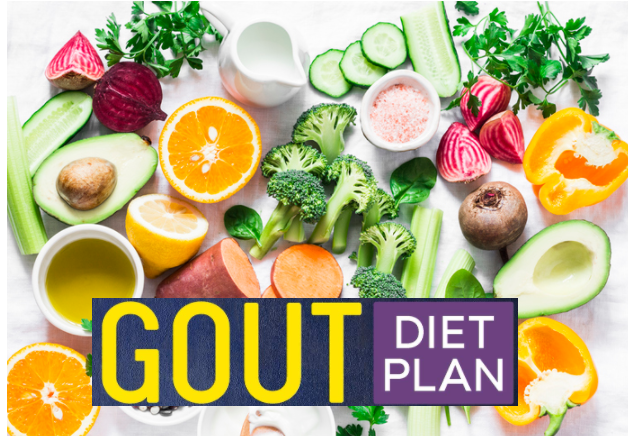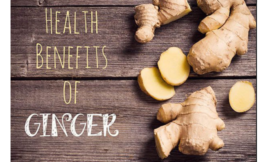Gout is a type of arthritis that involves sudden pain, tenderness, redness, and inflammation, that happens when too much uric acid builds up and forms crystals in your joints. Your body makes uric acid after it breaks down a substance called purine and millions of people affected by this infection all over the world.
One of the things that may help you manage your gout is proper dietary changes along with medication. A good gout diet will help you:
- Reach a healthy weight
- Set and stick to good eating habits
- Limit foods with purines
- Add foods that can help control uric acid levels
Here is the list of foods you should include and avoid in your daily diet, if you have gout.
Foods to avoid
There is evidence that consuming certain types of food may trigger an episode of gout.
Purines
If you’re susceptible to sudden gout attacks, avoid the main culprits — high-purine foods. These are foods that contain more than 200 mg of purines per 3.5 ounces (100 grams).
You should also avoid high-fructose foods, as well as moderately-high-purine foods, which contain 150–200 mg of purines per 3.5 ounces. These may trigger a gout attack.
However, eating plant based foods that contain purines does not appear to have the same effect. The researchers add that consuming dairy products may reduce the chances of developing gout.
The following foods contain purines. People with gout should significantly limit or avoid them.
- All organ meats: These include liver, kidneys, sweetbreads and brain
- Game meats: Examples include pheasant, veal and venison
- Fish: Herring, trout, mackerel, tuna, sardines, anchovies, haddock and more
- Other seafood: Scallops, crab, shrimp and roe
- Sugary beverages: Especially fruit juices and sugary sodas
- Added sugars: Honey, agave nectar and high-fructose corn syrup
- Yeasts: Nutritional yeast, brewer’s yeast and other yeast supplements.
Additionally, refined carbs like white bread, cakes and cookies should be avoided. Although they are not high in purines or fructose, they are low in nutrients and may raise your uric acid levels.
Some people fast to relieve gout, fasting may trigger symptoms of gout if a fasting person becomes dehydrated. People with gout should take special precautions when fasting to maintain they drink enough fluids.
Foods to eat

Gout is a chronic, or long term, condition. Developing lifelong healthful eating habits can help a person manage their symptoms. Although a gout-friendly diet eliminates many foods, there are still plenty of low-purine foods you can enjoy.
A healthful diet for people with gout should include all the food groups.
Foods that can help reduce uric acid levels include:
- Low fat dairy products : such as yogurt and cottage cheese
- Plant oils : such as olive oil or avocado
- Pulses : including beans, peas, and lentils
- Vegetables : including mushrooms, asparagus, and spinach
- Fruits : All fruits are generally fine for gout. Cherries may even help prevent attacks by lowering uric acid levels and reducing inflammation
- whole grains : These include oats, brown rice and barley.
- Nuts : All nuts and seeds.
- Water
- Oatmeal
- Lean meat : such as chicken
- Eggs
- Beverages: Coffee, tea and green tea.
- Herbs and spices: All herbs and spices.
Overall, a plant based diet is more likely to be beneficial than a high fat diet with a focus on meat to help stabilize uric acid levels.
It can also help boost heart health due to the increased consumption of fiber, fruit, vegetable, and monounsaturated fats. This is important, as studies have shown that people with gout may also have a higher risk of developing heart problems.
Vitamin C
Your doctor may also recommend vitamin C supplements of 500–1,000 milligrams (mg) a day.
Vitamin C supplements are available for purchase online. However, people should not take supplements unless their doctor advises them to do so.
Foods You Can Eat in Moderation
Aside from organ meats, game meats and certain fish, most meats can be consumed in moderation. You should limit yourself to 4–6 ounces (115–170 grams) of these a few times per week.
They contain a moderate amount of purines, which is considered to be 100–200 mg per 100 grams. Thus, eating too much of them may trigger a gout attack.
- Meats: These include chicken, beef, pork and lamb.
- Other fish: Fresh or canned salmon generally contains lower levels of purines than most other fish.
Keeping a healthy diet will always help you healthy, so for gout patients avoiding Purines food and including more vegetables and fruits help to manage the infections of gout.





